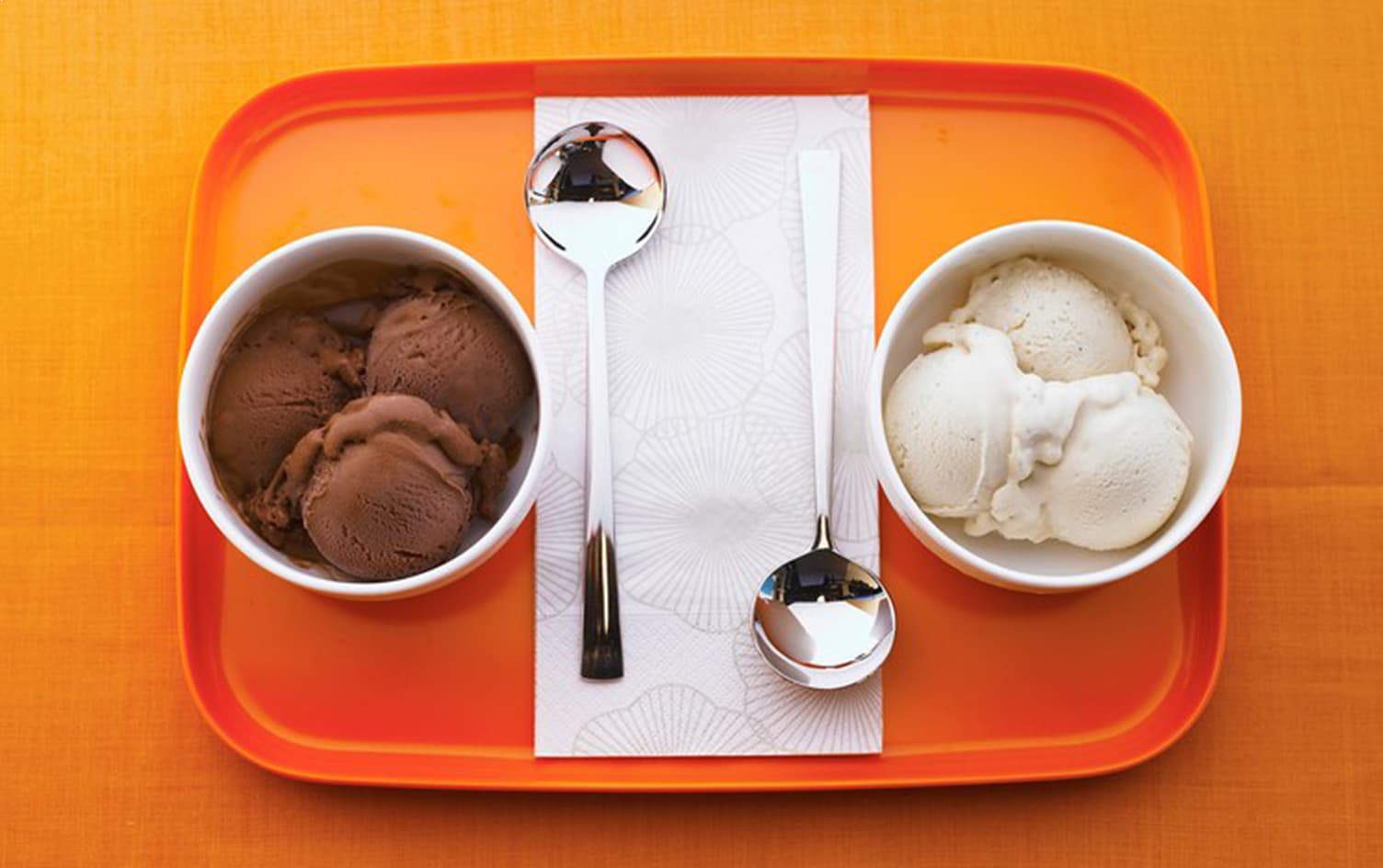Indulging in delicious treats is good. Indulging in food guilt about it is the exact opposite. You might know the feeling: That sinking pit in your stomach after having a donut, cheeseburger, or even adding an extra sprinkle of feta to your salad. Then, of course, the steely resolve not to give in to your craving next time. It may seem like restriction is the only way to stay on track. But actually, if you want to lose weight, being too strict about every morsel that passes your lips can sabotage your goals—not to mention your self-esteem.
Before jumping in, it’s important to keep in mind that health looks different for every person. If you want to lose weight, what works for you might not work for others, and vice versa. And if you have a history of disordered eating, it may make sense to talk to your doctor before starting a new eating plan. Even if you don’t want to lose weight, it’s worth trying to kick food guilt to the curb, because it doesn’t do anyone any favors.
It’s one thing if after eating something and feeling sluggish or ill, you decide you’d like to provide your body with different kinds of nutrients. But feeling guilty is a natural, ingrained response to doing something bad. Therein lies the root of the problem. “I see people calling food ‘good’ or ‘bad’ every day,” Abby Langer, R.D., owner of Abby Langer Nutrition in Toronto, tells SELF. This practice is harmful because it moralizes what you eat in a way that’s all too easy to apply to yourself. “It makes people feel like they are good or bad based on their food choices, but that’s not the case,” Langer says. “It’s important to understand what this kind of thinking really does.”
One of the most common responses to food guilt is to spiral out of control, Laura Cipullo, R.D., C.D.N., C.D.E., C.E.D.R.D., owner of Laura Cipullo Whole Nutrition, tells SELF. “If people have a cupcake, they think they’ve blown it all and eat even more,” she says. (Some call this the “what-the-hell effect.”) This catastrophizing can lead to taking in way more calories than you would if you just let yourself have something tasty without it being so emotionally charged, thus potentially making it so you can’t lose weight.
As Langer explains, no food is good or bad. There are just things that are healthy for your individual body, then others that aren’t as healthy for your individual body. “You can reframe it by thinking, ‘This isn’t the healthiest choice, but nobody makes the healthiest choices all the time,'” Langer recommends. Cipullo adds that you could go the route of thinking of some foods as nutrient-dense and others as less nutrient-dense.
Instead of dividing food into good and bad camps, Cipullo suggests reminding yourself that in life, all foods fit. You can incorporate everything in moderation, which is not only a sustainable way to live, but also a kinder way to treat yourself. This also helps ward off the deprivation that comes with trying to avoid food guilt, she explains, and makes it possible to have food that pleases your taste buds while still losing weight.
“I tell my clients there’s no such thing as perfection, so don’t even try,” Langer says. “Once you accept that and know the brownie or ice cream is part of normal eating, you know nothing bad is going to happen.” Unlike an all or nothing attitude, thinking this way helps you rein in the habit of believing that since you already indulged, you might as well continue to be “bad” and let all healthy eating fly out the window for the foreseeable future.
When you view food as fuel for your body, some that fuels it in the most ideal way and some that doesn’t but isn’t inherently evil, you can get closer to your goals—and be happier overall. “There’s no one ‘perfect’ diet everyone should follow,” Cipullo says. “Everybody has to find what’s right for their body.”




